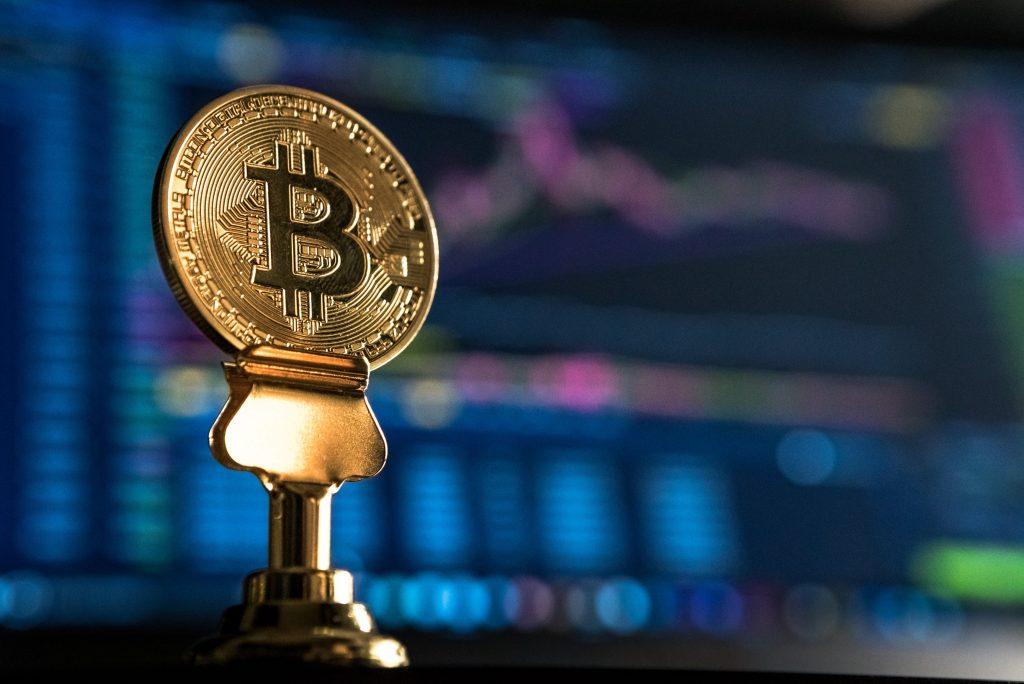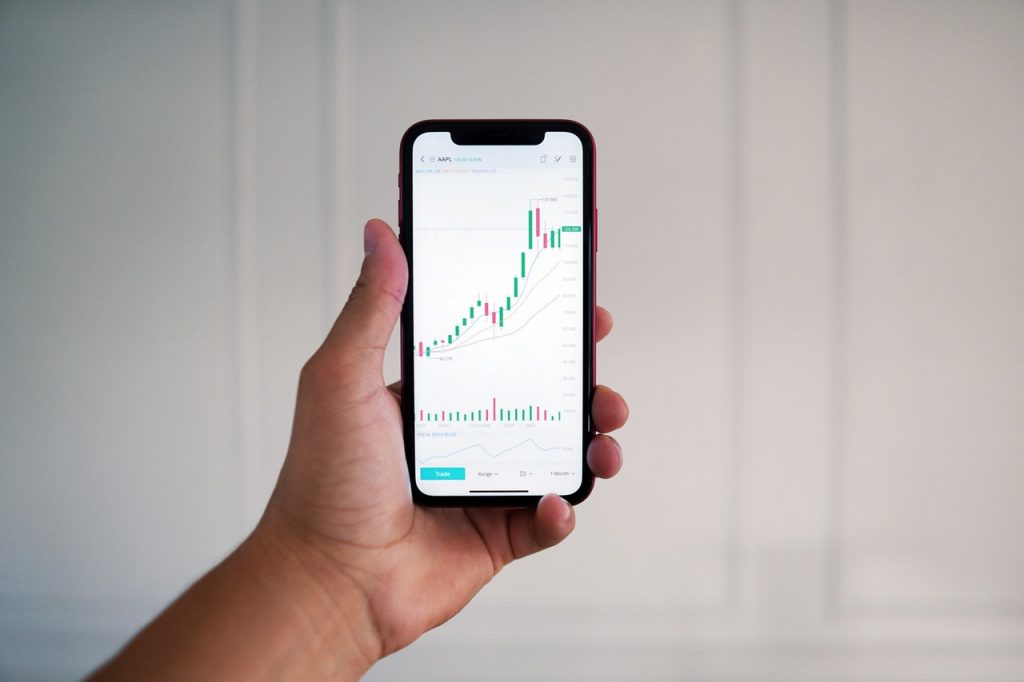Being the largest generation since the baby boomers, millennials frequently get stigmatized as lazy or expectant of high rewards for little-to-no effort. However, there are plenty of good things to say about this generation and their impact on the world. If you’re a millennial, you know what you have to offer. If not, we’ll look at one of those impacts in this article by discussing how millennials are changing the way we invest.
Millennial Behaviors and Habits
To fully understand how they are affecting the way we invest our money, it helps to look at the behaviors and habits of the millennial generation.
According to an article by Entrepreneur, millennials are saving more money than the older generation. They also don’t like to waste money on things that could sabotage their opportunities to save and invest.

The Great Recession of 2007 to 2009 may be one possible explanation for this unusual behavior. An Investopedia article explains that this financial crisis had a significant impact on millennials.
At that time, many millennials were graduating from college and hoping to launch their careers, only to find that job opportunities were slim. Add large sums of student debt and millennials were doing everything they could to simply make ends meet.
Due to their low-spending and saving habits, many brokerage and investment companies started catering to these attributes by offering low-to-zero-cost trading fees. Not only do millennials expect this type of service, but they’ll take an interest when investing platforms advertise automation.
Millennials Are Looking at Decentralized Finance

Saving money is not the only important thing for millennials; they also look for ways to grow it.
This group is searching for ways to make the most of their money (that’s not in use) by using an investment app to earn dividends. Traditionally, a bank used to give you interest when you deposited and saved money with them. The hope was to grow your savings with this method. However, earning interest at banks, nowadays, does not keep up with inflation and offers few monetary rewards or incentives.
Consequently, millennials are turning to high-dividend earning platforms or sources to grow their wealth. One of these platforms is Decentralized Finance (DeFi).
The same Entrepreneur article we mentioned shares that millennials have discovered that staking or lending out their cryptocurrencies on these platforms offers higher annual interest rates than the stock market. Sometimes these annual rates fall between 10% to 15%.
Millennials Are Choosing Convenience

While older generations dub millennials as lazy, it may very well be that they are simply efficient with their time and resources. Why waste time trying to do something yourself when a product or service can do it for you in the same amount of time for free (or cheap) and produce better quality? After all, that opens up more free time for the individual to do other things.
We mentioned automation is a valuable service for millennials. When it comes to investing, this is one example where millennials are choosing convenience.
If an investing company, such as a robo-advisor, can automate investing, millennials are more willing to use that service. Millennials also understand that some individuals or entities have a better understanding of investing than they do. At the same time, they like to stay up to date with their investments. They want to remain informed of where their money is at and whether it has grown or shrunk.
For millennials who have invested in digital currency and must pay taxes on their earnings, there are tools available, like TaxBit’s crypto tax software, that help manage taxes. Crypto tax software also shows when it may be best to buy or sell digital assets with a tax optimizer.
It’s tools like this and additional software, like social media and finance apps, that make financial planning much easier for millennials.
Millennials Are Investing in Tech Companies

Stephen McBride wrote an article for Forbes, where he declared millennials are perhaps the “poorest generation of the past century.” He also referenced a Federal Reserve study that showed millennials own “5% of all wealth in America.”
That may sound like bad news. Yet, the author went on to say that starting around 2020, a sudden surge of millennials investing in stocks took off, thanks to brokerages offering zero-to-low-trading fees like Robinhood and Charles Schwabb.
Here’s another intriguing find: the top investment portfolio for millennials consists of tech companies like Apple, Microsoft, Amazon, and Tesla, to name a few. These individuals are looking at transformative companies that will have a positive impact on the environment or community.
This behavior causes McBride to believe that millennials will produce a growth in stocks for years to come.
Being the generation that grew up with technology, it is not surprising that millennials are perhaps the most comfortable with investing in tech companies – especially the ones that will have the best impact on the environment or community.
Conclusion
As limited as millennials may be in terms of wealth, they are changing the way we invest. Their circumstances have forced them to be savvy with their time and resources. These changes are likely to have a significant impact economically, socially, and environmentally for years to come.
